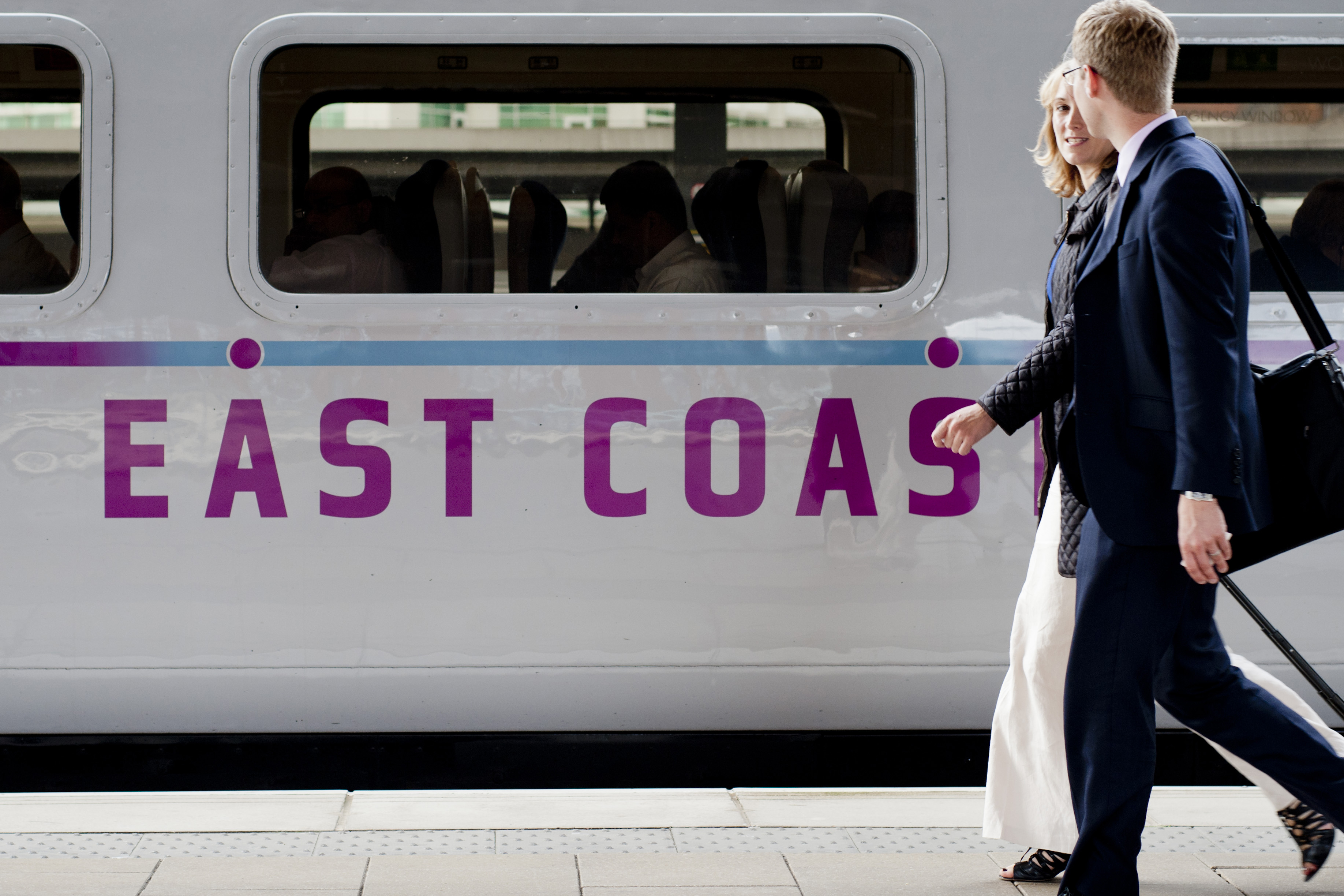How East Coast was forced onto the right IT track
We spoke to East Coast Main Line about how its move away from National Express has brought about IT benefits.


As for the actual implementation of the Hornbill system, that was fairly smooth sailing too. However, Wilson's team still had to do plenty of customisation, pulling in existing data and calls over from National Express.
Compared to the old system? In terms of a direct comparison, it doesn't really bear one.
"But the system is very well geared for importing information. It hooks into Active Directory and it can do scheduled imports from CSV files. Getting the data into the system was surprisingly easy," Wilson said.
On the right track
The key question is whether the new system was better than the old one. Did the enforced IT shift bring real benefits?
"Compared to the old system? In terms of a direct comparison, it doesn't really bear one," Wilson said.
He had numerous complaints about the previous National Express system, claiming it was "very much a log and pass service," offering limited visibility of call volumes and little in the way of reporting on targets, Service Orientated Architecture (SOA) or call resolution times.
Sign up today and you will receive a free copy of our Future Focus 2025 report - the leading guidance on AI, cybersecurity and other IT challenges as per 700+ senior executives
With the EPOS system, which was hampered by serious uptime failings in the not-so-distant past, the new ITSM helped locate and eradicate the problem.
"The EPOS had terrible reliability going back about eight months. But looking at all the call reporting we could identify the faults were mainly coming from server hardware, which we've now pushed a lot of work to through our engineering teams to improve that platform," Wilson added.
As well as EPOS availability going up to around 98-99 per cent, the location of the issue has led to fresh plans around virtualisation to improve server performance even more.
Other benefits of the new ITSM included a 10 per cent cut in time spent resolving IT support calls and the ability to add a self-service customer portal for users.
It's fairly clear then that when IT is forced to make changes, it can make life a lot easier. What's more, it can make the whole business much slicker.
And in the world of British rail, where complaints about pricing and delays are rife, IT can offer a glimmer of hope for a smoother system.
Tom Brewster is currently an associate editor at Forbes and an award-winning journalist who covers cyber security, surveillance, and privacy. Starting his career at ITPro as a staff writer and working up to a senior staff writer role, Tom has been covering the tech industry for more than ten years and is considered one of the leading journalists in his specialism.
He is a proud alum of the University of Sheffield where he secured an undergraduate degree in English Literature before undertaking a certification from General Assembly in web development.


